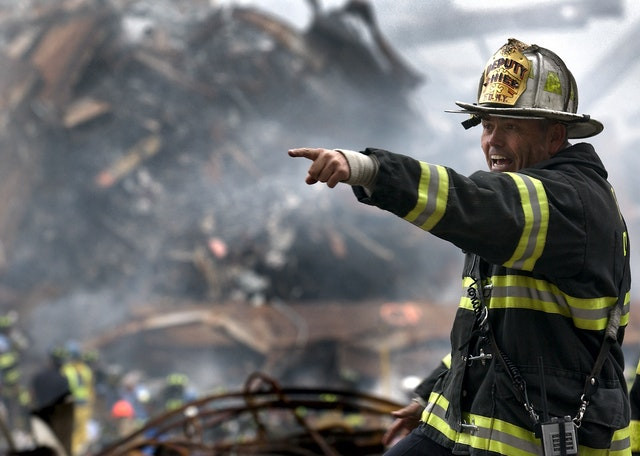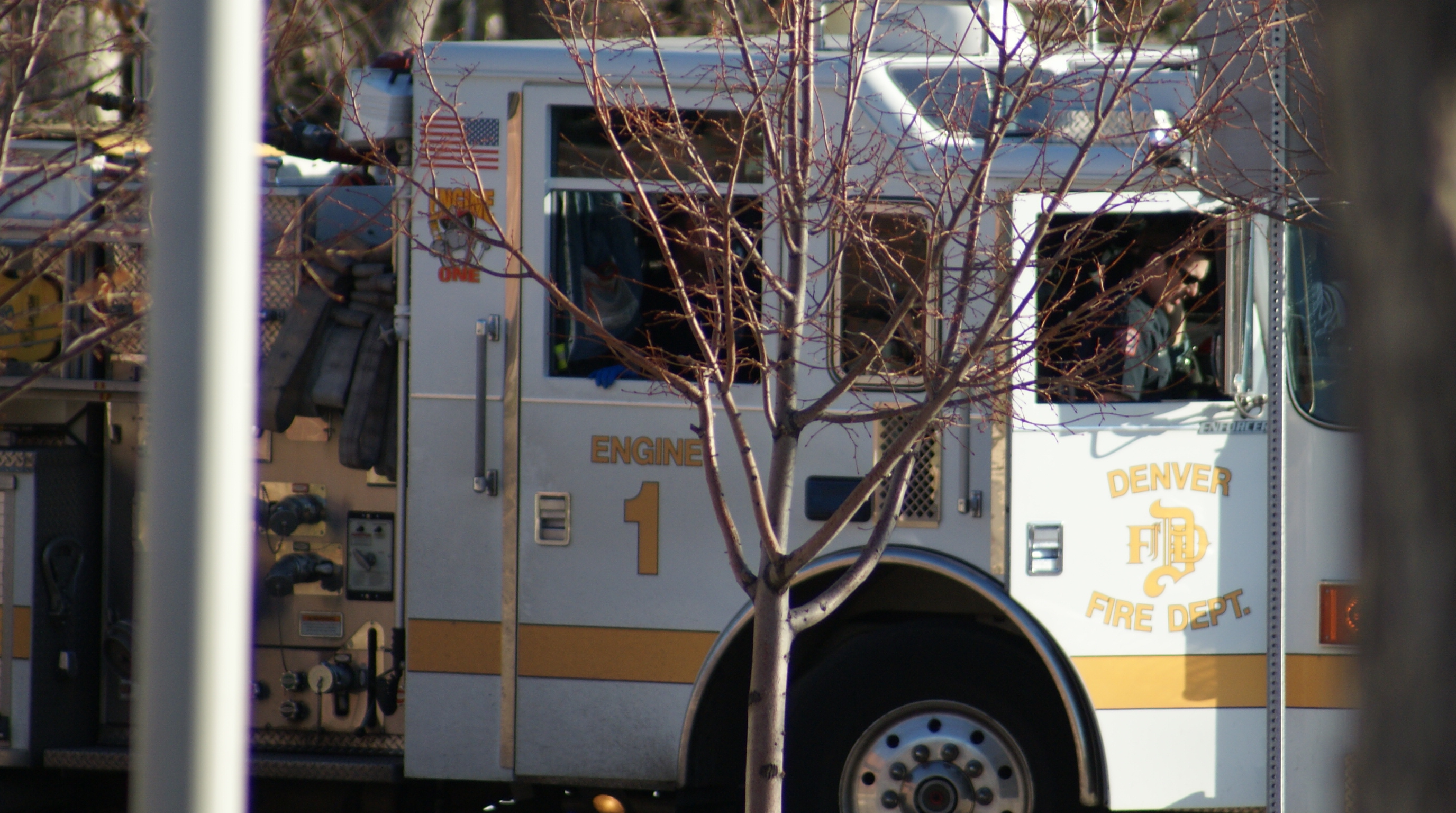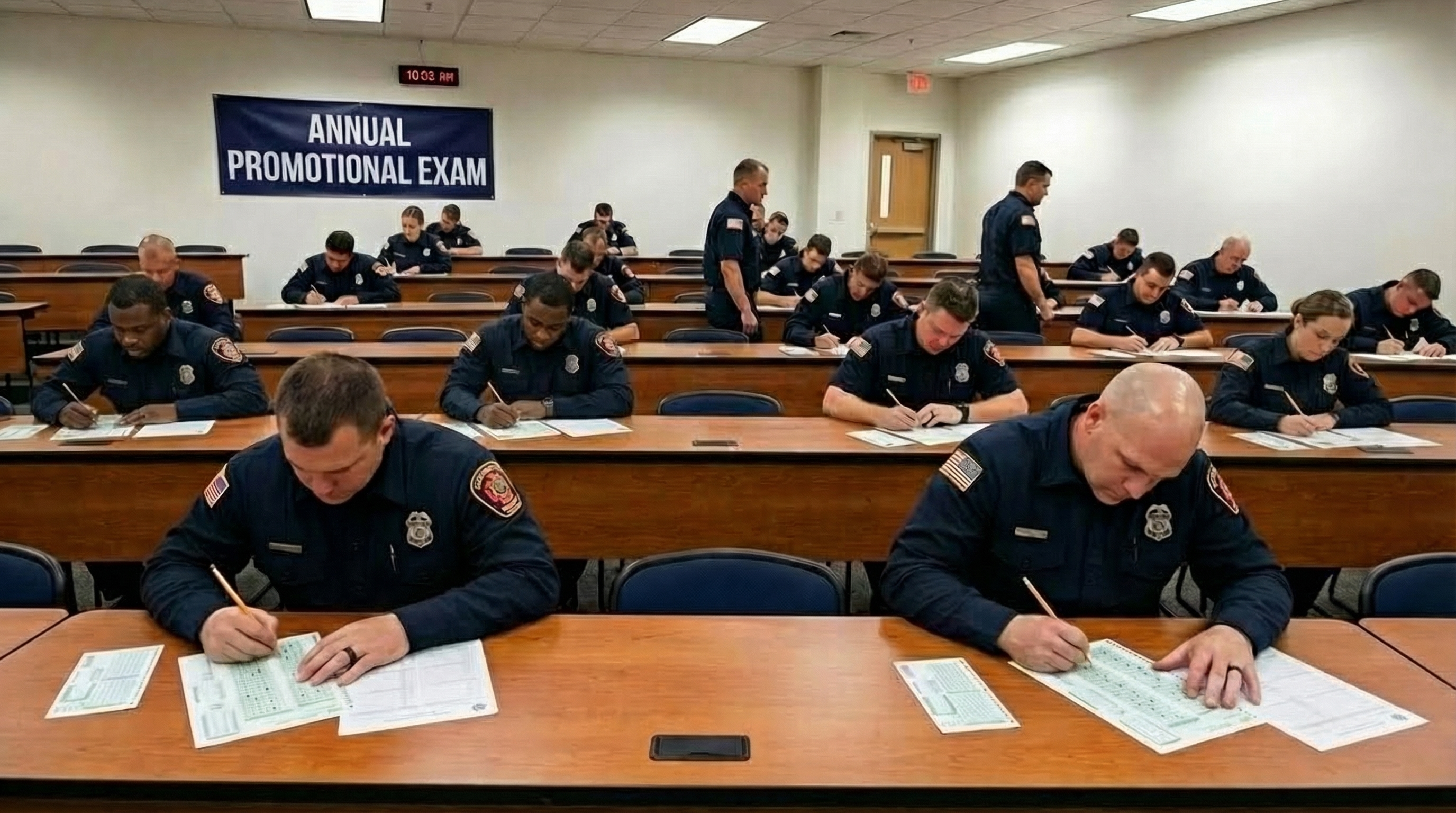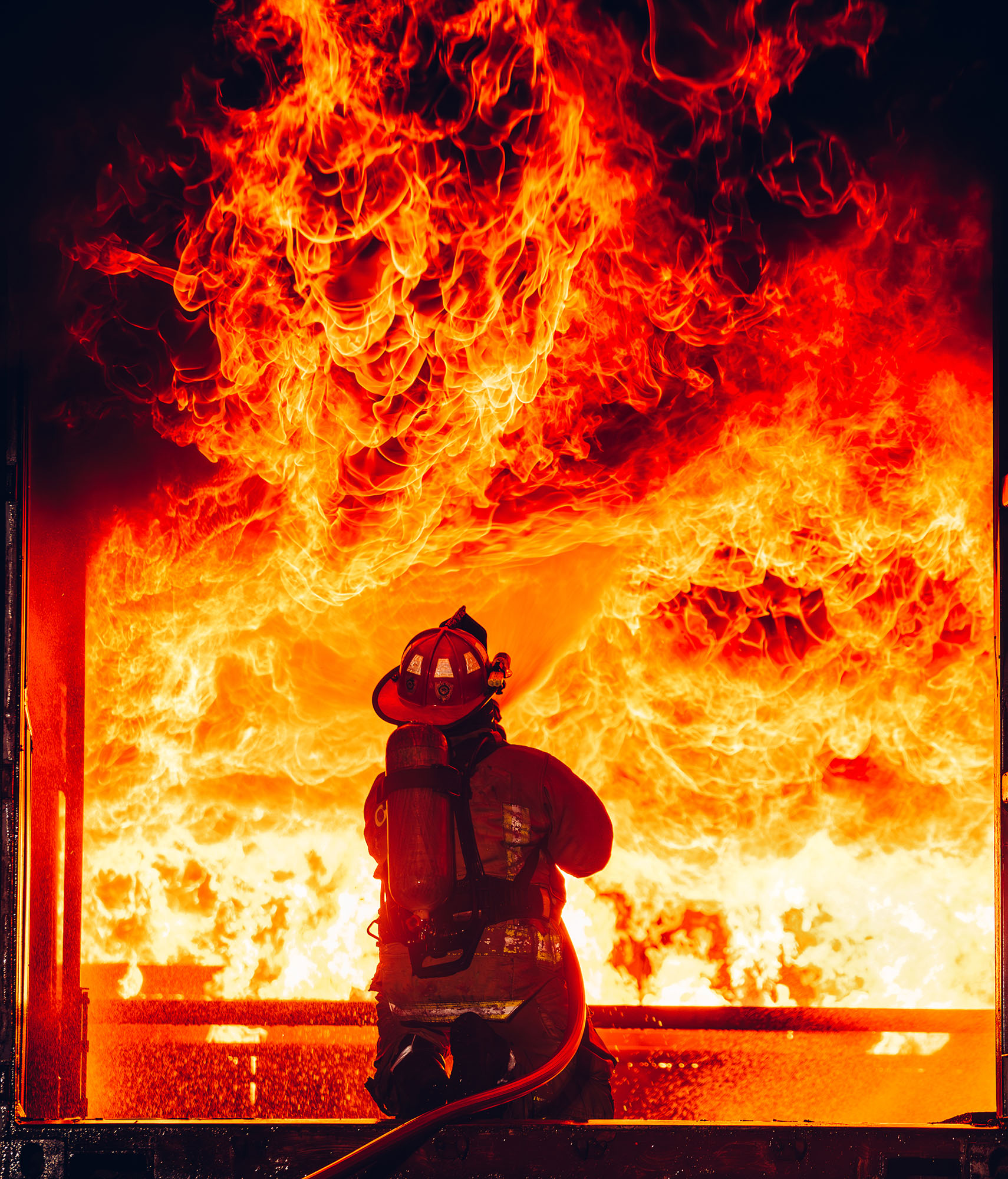A lot of firefighters end their promotion journey at the rank of captain, but some will always aspire for more. Let’s find out if you are ready to take on more responsibility and begin your firefighter promotional exam prep so you can test to become the next fire chief at your department.
Battalion Chief
A battalion chief is similar to that of a captain in which they are responsible for managing the day to day operations of the fire department, but typically they have more administrative duties. They however, manage the operations of an entire battalion of fire crews or sometimes an entire fire department as opposed to just one station. They make the decisions then pass the orders to the fire captains who then delegate to their crews.
1. Administration
With more responsibility always comes more paperwork and sometimes a lot more paperwork. One major component that you will see as a chief officer is that of creating and managing a budget. It is not just their own paperwork battalion chiefs are responsible for, they are also responsible for overseeing that lieutenants and captains are completing their paperwork/reports.
2. Personnel
The battalion chief is responsible for meeting the day-to-day staffing needs of their battalion or department including the handling of slots created by vacation time and sick leave. As a department mid-level supervisor they are also in charge of ensuring that personnel evaluations and discipline are completed properly. You may also be involved in the employee selection process which can include posting job listings, reviewing resumes, and interviewing candidates. It will no longer be just putting out fires and treating the sick and injured, it is motivating and managing an entire workforce.
3. Fire Investigation
The battalion chief can be responsible for investigating and analyzing the cause of fires. This includes determining the fires origins and collecting evidence at the scene of a fire. At a minimum fire battalion chiefs need to ensure their crews preserve evidence of incident scenes.
4. Training
Battalion chiefs attend and observe training of their crews and may lead training as well as completing their own ongoing training. They must remain up to date on all fire service principles and practices. In addition, they must be able to jump into any other position as needed so they need to constantly exercise and train as they would if they were still a firefighter even though they have transitioned to the role of incident commander.
5. Public Relations/Education
The battalion chief can be responsible for writing and delivering press releases as necessary on current incidents. You better brush up on your interview skills as well because you could find yourself in front of news cameras. As a battalion chief you must be able to interact with members of your community pleasantly and respectfully. Public image is a huge topic in this day and age, especially in the time of social media, so you must present yourself and your department professionally. Public education is also the job of the battalion chief. You may be asked to educate your local community on fire suppression and safety through presentations or speaking engagements at various events or groups.
6. Scene Management
If a battalion chief is on the scene of an incident they are usually in charge. This makes them responsible for directing on-scene crews to get the situation under control as quickly and safely as possible. They must be able to make split second decisions and determine what equipment and strategies are needed to handle the emergency situation effectively. Battalion chiefs must also be able to work with other departments and organizations cordially. It is not the main job of a battalion chief to participate in fire suppression activities and treatment of patients, but they must be prepared to step in and assist as necessary.
Steps to Become a Battalion Chief:
1. Fire lieutenant/captain experience
2. College degree (associates or bachelors degree)
3. Pass a written exam
4. Pass an assessment center exam
5. Pass an oral interview
Remember, every department has different requirements to become a battalion chief, be sure to review each individual station’s requirements before applying.
The Takeaway
Promoting to a fire battalion chief is a major step up in responsibility and rank. You may be running into fewer burning buildings and seeing less action, but you will still be making an impact on your community and the firefighters in your department. If you are ready to take the leap and become one of the highest ranking officers in the fire service, it is time to get studying.



